Chancellor hints at move away from austerity
Philip Hammond says he understands people are 'weary of the long slog' - but does not rule out tax rises
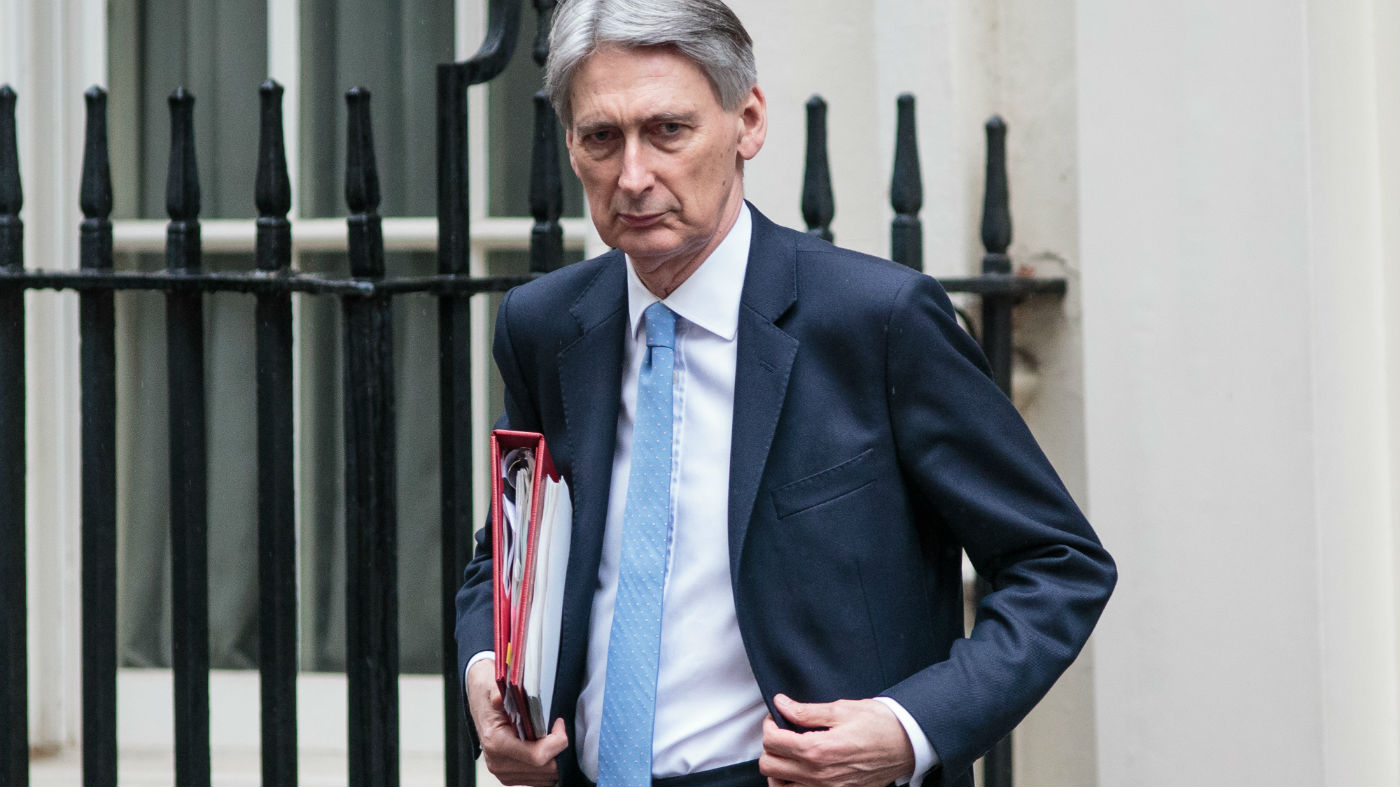
A free daily email with the biggest news stories of the day – and the best features from TheWeek.com
You are now subscribed
Your newsletter sign-up was successful
A reinvigorated Philip Hammond used an appearance on the BBC's Andrew Marr Show yesterday to hint the government could "ease up on its austerity programme", says The Guardian.
The Chancellor said the Tories were "not deaf" to the message delivered by voters in the snap election this month and that he accepted "people are weary of the long slog".
However, by sticking to the government's plan to eliminate the deficit by the middle of the next decade, Hammond's comments could signal tax rises will be necessary to fill the gap on spending.
The Week
Escape your echo chamber. Get the facts behind the news, plus analysis from multiple perspectives.

Sign up for The Week's Free Newsletters
From our morning news briefing to a weekly Good News Newsletter, get the best of The Week delivered directly to your inbox.
From our morning news briefing to a weekly Good News Newsletter, get the best of The Week delivered directly to your inbox.
He said: "We have never said we won't raise some taxes. Overall, we are a government that believes in low taxes and we want to reduce the burden of taxes overall for working families."
Asked whether he would go ahead with £3bn of cuts to local government funding, he replied: "We’ve set out a series of measures that are already legislated for.
"We have other proposals that we will now have to look at again in the light of the general election result and in the new parliament."
According to calculations by Resolution Foundation think-tank, a further £9bn of savings from the welfare budget is included in those proposals, says the Financial Times.
A free daily email with the biggest news stories of the day – and the best features from TheWeek.com
"These include freezing all working-age benefits in cash terms for four years, starting in April 2016."
The Conservatives' election manifesto included a promise of more spending restraint, including plans to scrap the so-called pensions "triple-lock" after 2020 and severely restrict the winter fuel payment to pensioners.
These measures are unlikely to survive a deal with the Democratic Unionist Party, on whose ten MPs Theresa May is depending to pass a Queen's Speech. The Northern Irish party has pledged to support both the triple-lock and universal winter fuel payments.
One option that could be resurrected is the abortive plan from the last Budget to raise national insurance on the self-employed from nine per cent to 12 per cent.
As this would bring the levy into line with that imposed on those who work for an employer, the plan had the support of a number of experts. However, it was scrapped because it fell foul of a 2015 Tory manifesto pledge.
In its campaigning this time, the Tories only pledged to support the principle of lower taxes and not to raise VAT.
-
 Political cartoons for February 14
Political cartoons for February 14Cartoons Saturday's political cartoons include a Valentine's grift, Hillary on the hook, and more
-
 Tourangelle-style pork with prunes recipe
Tourangelle-style pork with prunes recipeThe Week Recommends This traditional, rustic dish is a French classic
-
 The Epstein files: glimpses of a deeply disturbing world
The Epstein files: glimpses of a deeply disturbing worldIn the Spotlight Trove of released documents paint a picture of depravity and privilege in which men hold the cards, and women are powerless or peripheral
-
 French finances: what’s behind country’s debt problem?
French finances: what’s behind country’s debt problem?The Explainer Political paralysis has led to higher borrowing costs and blocked urgent deficit-reducing reforms to social protection
-
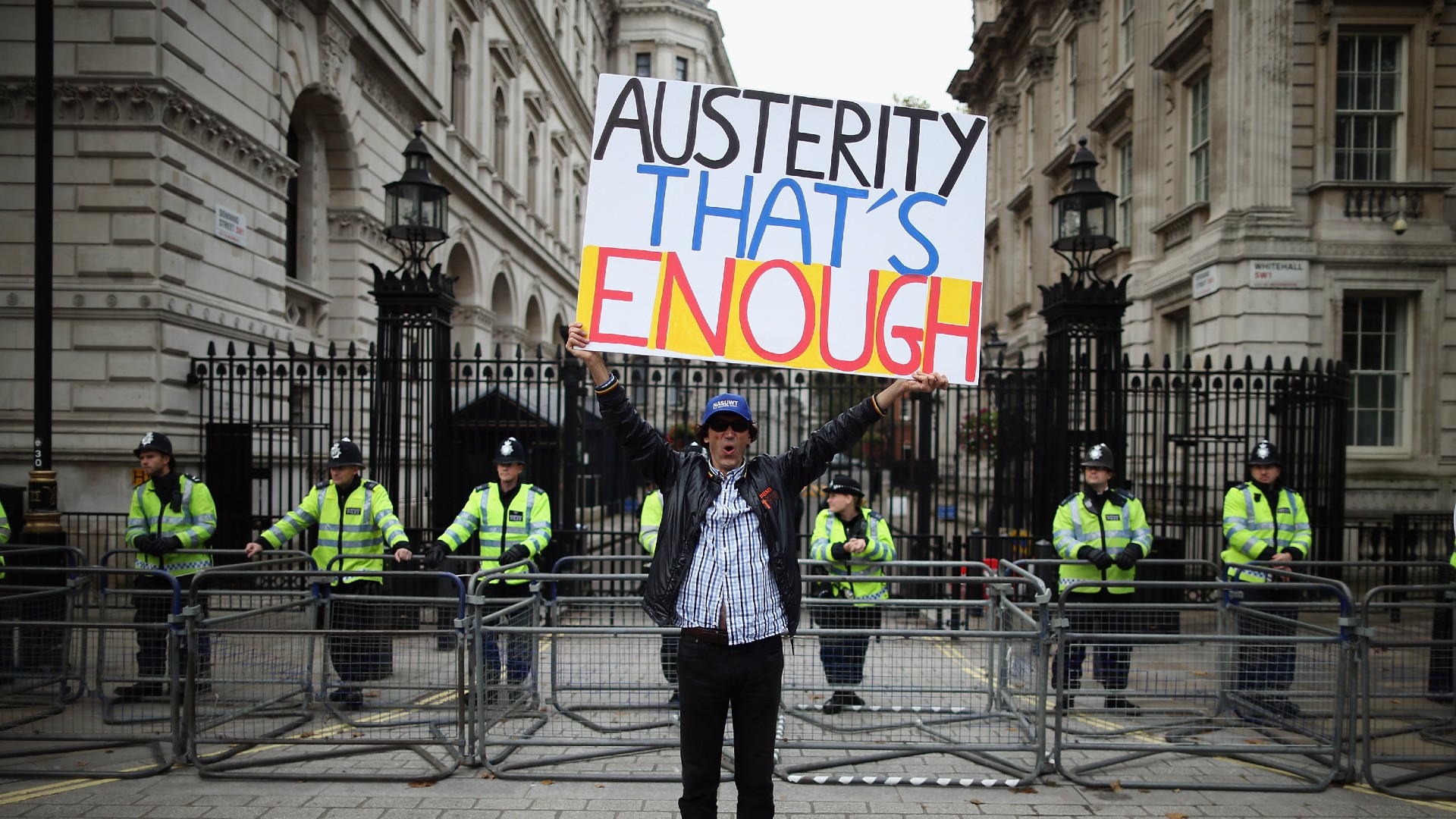 New austerity: can public services take any more cuts?
New austerity: can public services take any more cuts?Today's Big Question Some government departments already 'in last chance saloon', say unions, as Conservative tax-cutting plans 'hang in the balance'
-
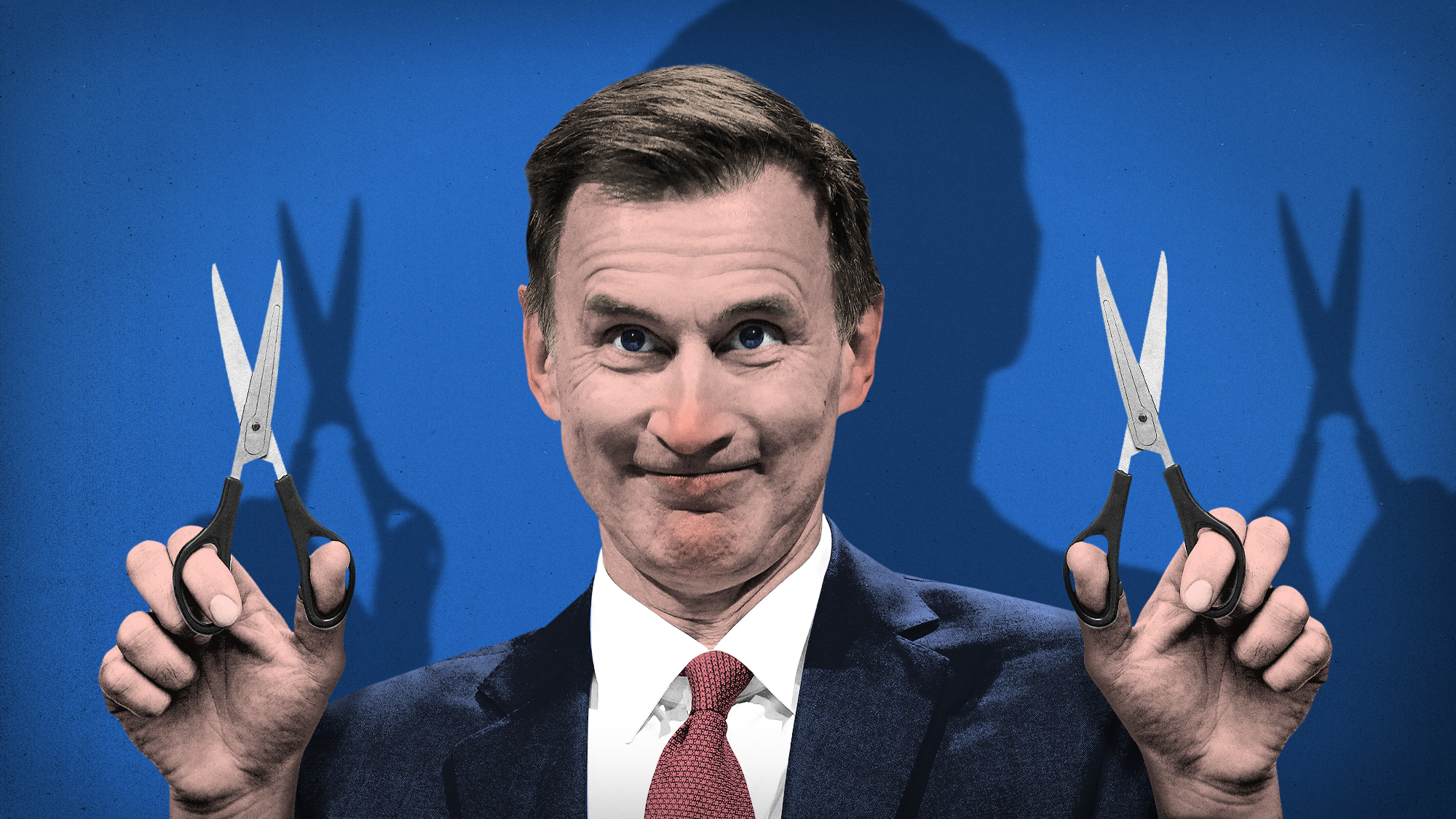 Five key takeaways from Jeremy Hunt's Autumn Statement
Five key takeaways from Jeremy Hunt's Autumn StatementThe Explainer Benefits rise with higher inflation figure, pension triple lock maintained and National Insurance cut
-
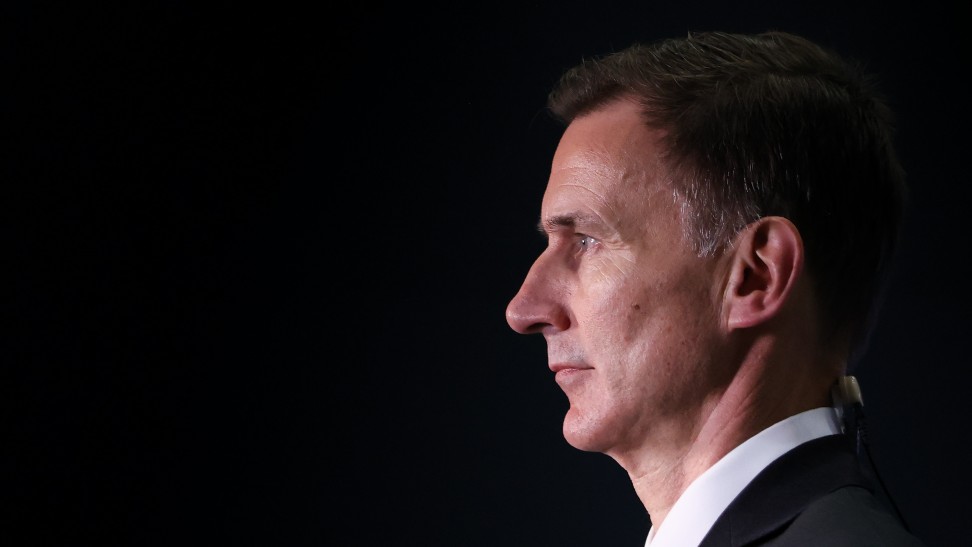 Withdrawing benefits: 'war on work shy' or 'matter of fairness'?
Withdrawing benefits: 'war on work shy' or 'matter of fairness'?Talking Point Jeremy Hunt to boost minimum wage while cracking down on claimants who refuse to look for work
-
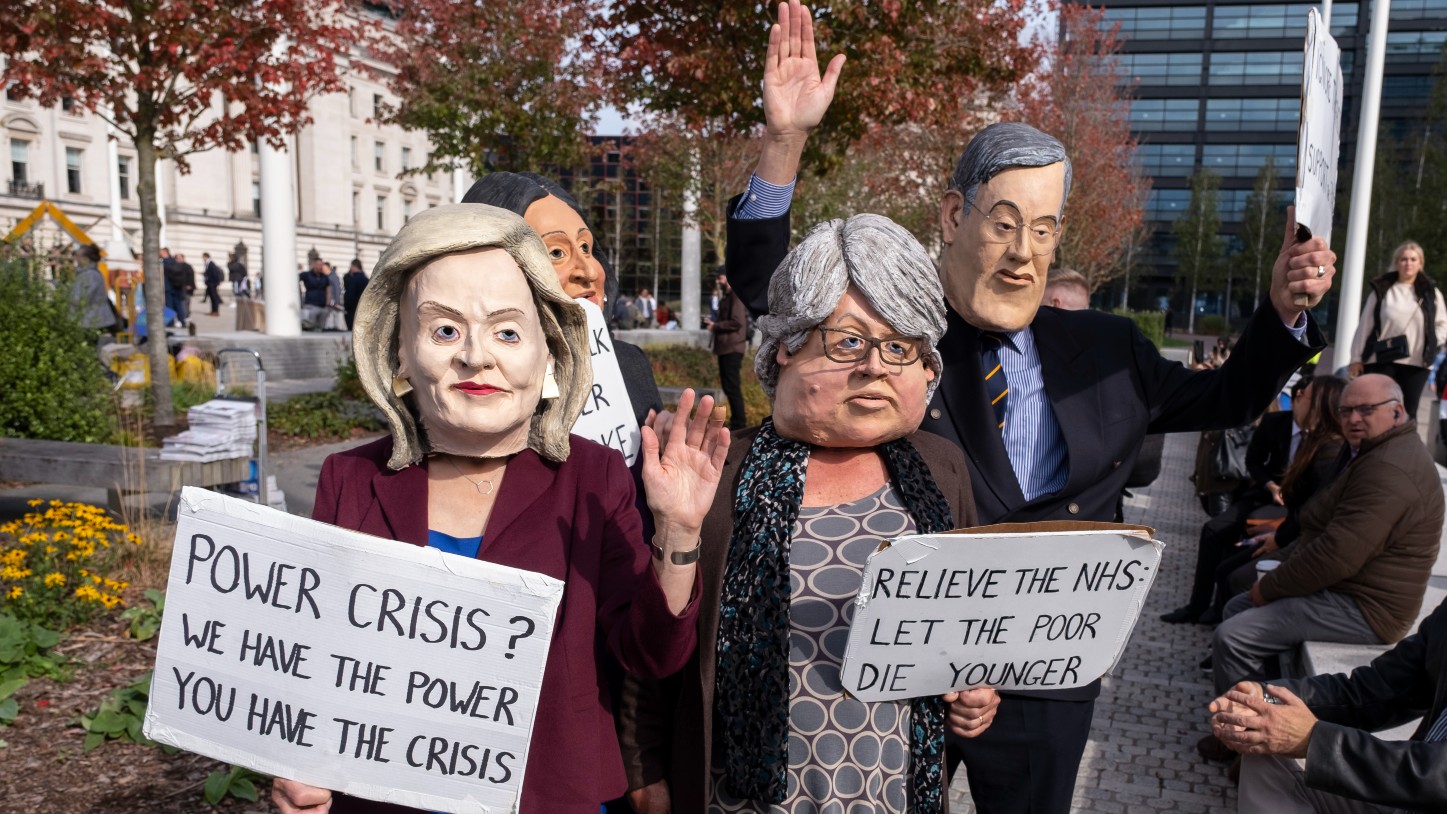 Liz Truss and Kwasi Kwarteng’s supply-side reforms
Liz Truss and Kwasi Kwarteng’s supply-side reformsfeature PM and chancellor are banking on cuts to regulations and tax in bid to stimulate growth
-
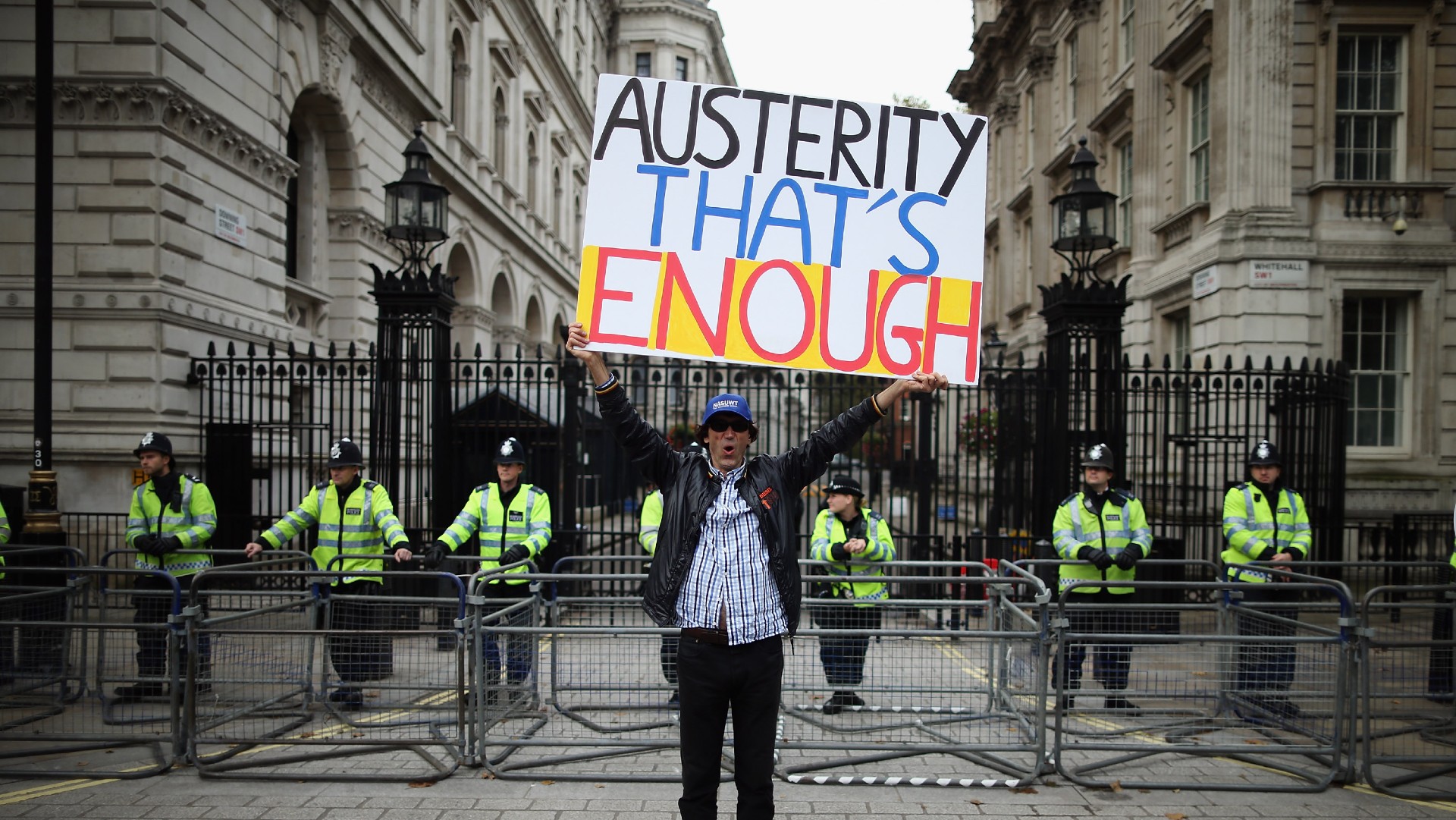 Do Tory tax cuts herald return of austerity?
Do Tory tax cuts herald return of austerity?Today's Big Question Chancellor U-turns on scrapping top rate tax but urges ministers to make public spending cuts
-
 Tory leadership election: why tax cuts are an economic gamble
Tory leadership election: why tax cuts are an economic gamblefeature The candidates regard tax cuts as the road to redemption, only differing on the details of how much and how soon
-
 Labour shortages: the ‘most urgent problem’ facing the UK economy right now
Labour shortages: the ‘most urgent problem’ facing the UK economy right nowSpeed Read Britain is currently in the grip of an ‘employment crisis’